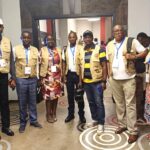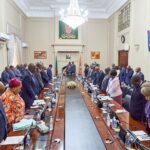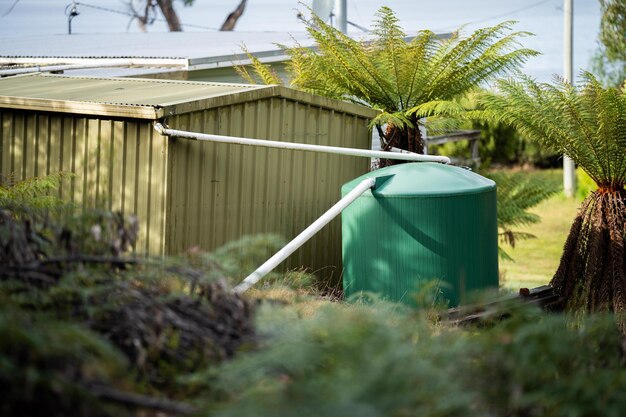In a significant move toward enhancing water security and building resilience against climate change, the Zambian government has ramped up investments in rainwater harvesting infrastructure. Over the past two years, the country has constructed and rehabilitated 20 multipurpose dams and undertaken maintenance work on 770 dams nationwide.
Minister of Water Development and Sanitation, Collins Nzovu, announced these developments during the launch of the National Rainwater Harvesting Strategy in Lusaka yesterday. This ambitious initiative includes plans to construct 40 small to medium-sized multipurpose dams, three large dams, and rehabilitate 16 existing dams across Zambia.
Enhancing Water Security and Climate Resilience
Minister Nzovu emphasized that the strategy aims to provide long-term solutions to water security challenges, ensuring benefits for various water users while mitigating the effects of climate shocks.
“The strategy will establish water harvesting mechanisms to enable irrigation development that will stimulate agricultural production,” he said. “This initiative is not only a solution to our current challenges but a long-term commitment to securing Zambia’s water future, enhancing resilience, and driving sustainable development.”
The development of this strategy follows the declaration of a drought emergency during the 2023/2024 rainy season by President Hakainde Hichilema. With the effects of climate change becoming more pronounced, rainwater harvesting offers a proactive approach to addressing water scarcity and enhancing ecosystem resilience.
Strategic Focus Areas
The National Rainwater Harvesting Strategy revolves around three core areas:
- Infrastructure Development: Establishing and upgrading rainwater harvesting systems.
- Ecosystem Enhancement: Protecting water-dependent ecosystems and services.
- Policy Strengthening: Reinforcing institutional frameworks and regulatory measures.
European Union Support
The strategy was launched with support from the European Union’s Green Nexus Programme, part of the EU’s Global Gateway Strategy. Claudio Bacigalupi, head of cooperation at the EU Delegation to Zambia and COMESA, highlighted the importance of rainwater harvesting for food security, ecosystem resilience, and sustainable livelihoods.
“As Team Europe, we come together to promote and facilitate partnerships and investments in green recovery and sustainable growth through natural resource management aligned with Zambia’s development agenda,” Bacigalupi said.
AWARE 2.0 Project
Under the Green Nexus Programme, the Integrated Water Catchment Management and Landscape Protection in Zambia (AWARE 2.0) project is scaling up low-cost, nature-based solutions to improve water resource management. This co-funded initiative by the EU, German, and Swedish governments aligns with Zambia’s goals for sustainable water resource utilization.
A Step Toward Sustainable Development
The government’s commitment to rainwater harvesting marks a pivotal moment in addressing Zambia’s water challenges. This comprehensive strategy not only addresses immediate concerns but lays the groundwork for a more sustainable and resilient water future for generations to come.






